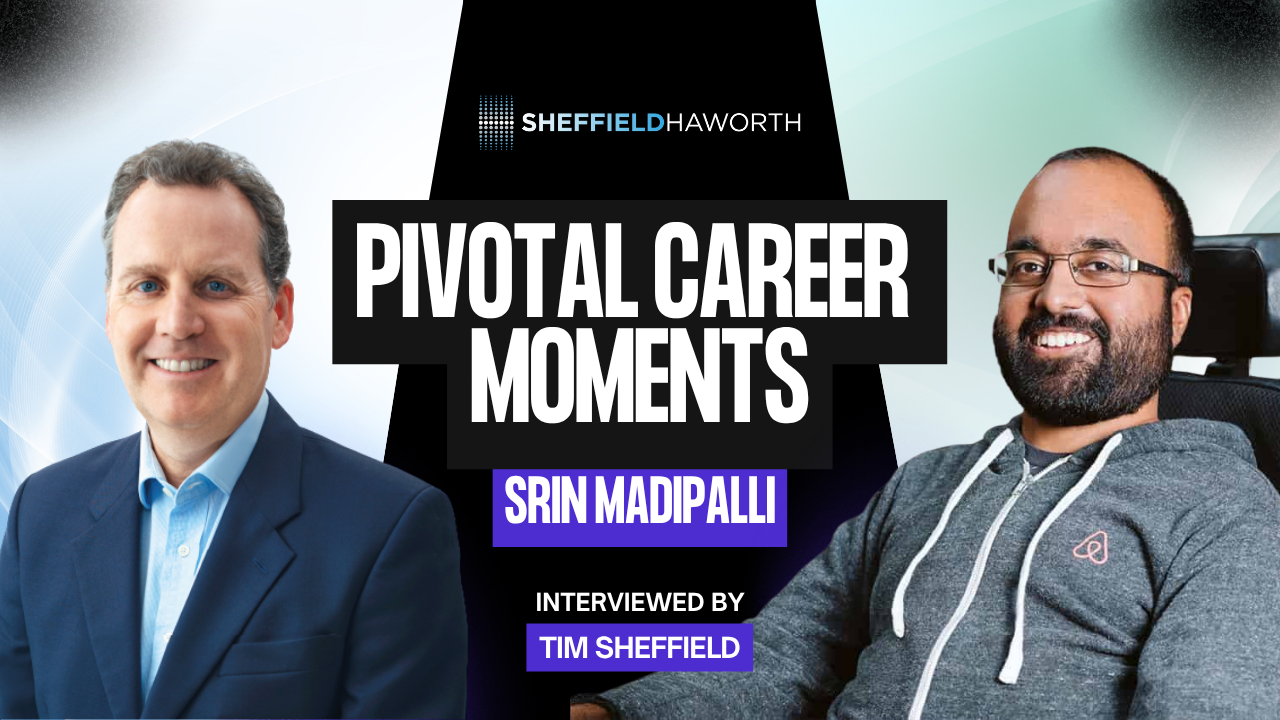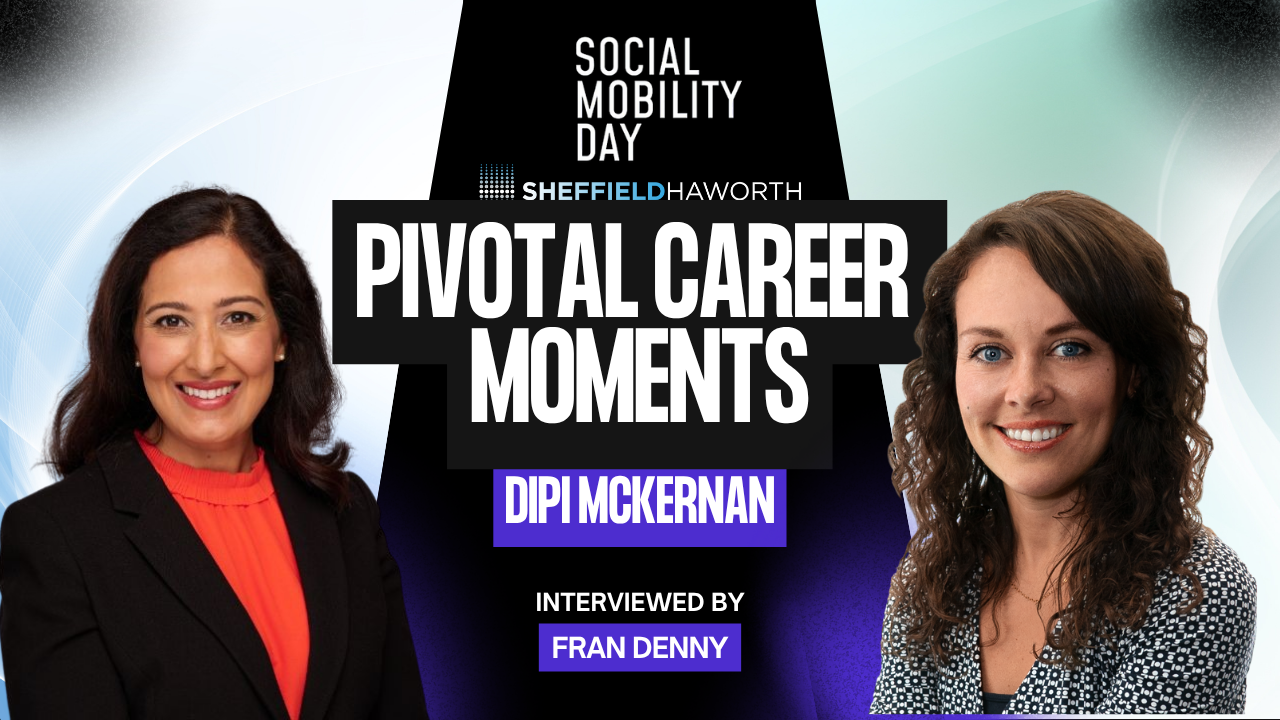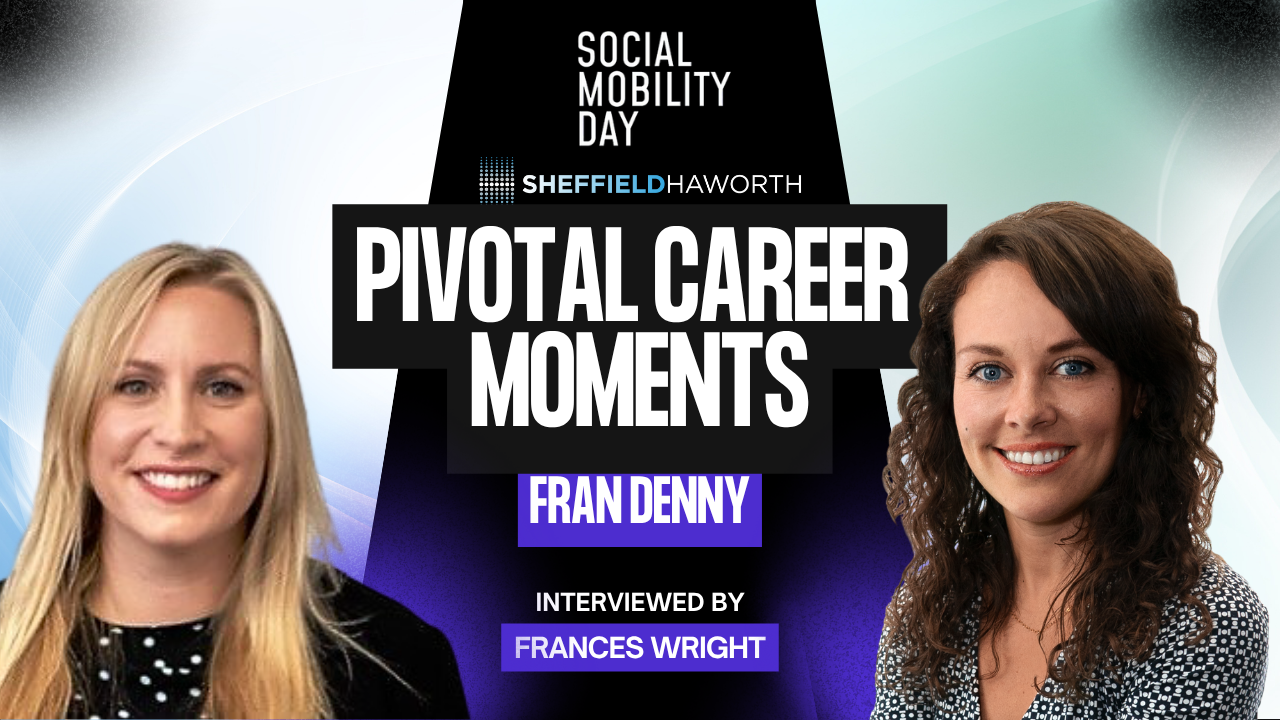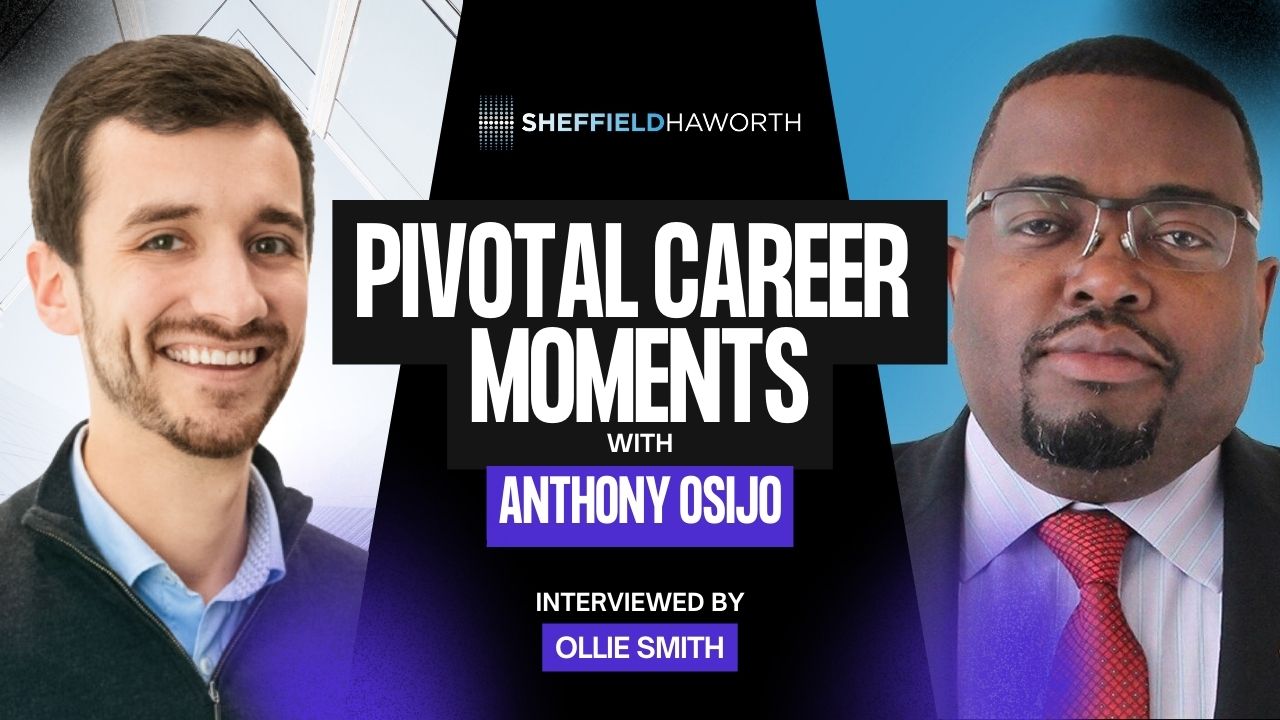Listen to the audio version of this article (generated by AI).
On his LinkedIn profile, Chris Martin describes himself as an “energetic and adventurous software guy”, as well as a “family guy, campervan geek,” and “spreadsheet junkie”. What’s less obvious – until you scroll down – is his track record as a successful business founder. Or the fact that he almost gave it up to become a professional footballer in his 20s!
This is what it’s like talking to Chris, who comes across as a high-energy, lateral thinker and man of many interests who often plays down his considerable business skills and experience. Having started his IT career at NCR as a technical consultant in the mid-90s, he describes setting up his first really successful business as happening “by accident”.
Chris had a decision to make regarding a possible football career when he had the chance to play full-time in Belgium in his mid-20s. “I actually considered it at that point. And I thought at the time, I’ve got a really nice girlfriend and I’ve got a really nice job. And do I really want to and live in a hotel on my own for however many days a week? That was when I realised that my career would be in IT … I was just enjoying coding, particularly on UNIX systems and playing football part time.”
How Chris became an “accidental” entrepreneur
The way Chris tells it, he was working at NCR, learning a lot and enjoying it, when he was asked to take on a role he really didn’t enjoy. At that point, Chris got to know a property developer called Tom by meeting and playing golf with him regularly at his local course, St Andrews.
“In my family and my friends, there was no one with business experience, but I was always impressed by Tom. And I thought, well, he’s making money, he’s got a big car, and he flies off to Cape Town for half the year and then comes back in the summer to play golf”. So, when Chris found himself enjoying his work at NCR a lot less, “I thought, I fancy a crack at my own thing, and Tom was my only exemplar.”
Chris and another consultant had been looking after a set of niche technologies for NCR which the company decided to divest itself of. NCR handed its customer base to Chris and his colleague, allowing them to set up their own business with the company’s blessing.
So, out of all this, how did Chris end up founding his most successful startup?
According to him, it came from a sense of obligation to a small Dundee-based manufacturer that had taken a chance on him when he first struck out on his own as an IT infrastructure consultant after NCR.
“They gave us a start when they bought some stuff from us when we had no real track record,” he says. “I installed their IT network and servers, and I went off back my own office and thought that I didn’t have the tools to look after the new equipment for these lovely people. I knew there were tools, but they only ran on a corporate LAN – there was nothing for small service providers to look after multiple identical networks. I felt obligated because they were so decent to us, and I wanted to make sure their servers were working… so I cobbled together my own using my UNIX skills.”
From this grew the seeds of Chris’ next business, HoundDog Technology – whose name came from the fact that he had just ‘inherited’ a dog. The idea was to link remotely to clients’ servers over the internet, run an agent and report back on the status of key equipment. “This was novel at the time because businesses were only just getting broadband and static IPs. I built it in the cloud – a very early SaaS solution with monthly recurring payments in 2004.”
Chris brought in his friend Doug as his business partner, and credits him with contributing an outstanding commercial instinct that helped the business to become a success and go on to be acquired by GFI Software, a US venture capital-backed company. “It ended up being the global market leader for remote monitoring software for managed service providers,” he says.
A guerilla marketing lesson for business founders
There’s an important lesson here for business founders about partnering with or hiring skills that they themselves don’t have. Chris highlights the example of Doug’s marketing brilliance:
“Doug had these little flyers printed up with our services and who we were. And he mailed them out to people in hand-addressed brown envelopes – thousands of people, all with address labels written out by hand. And the flyers had handwritten post-it notes on them from an anonymous person saying, ‘We saw these guys at a show – they look perfect for you – D’, like we were being recommended by someone they knew, right? The ‘D’ initial worked because invariably they left them on their desk while they tried to work who D was, all the while consuming the market messaging.”
Today, we would describe a campaign like this as “guerilla marketing”, but this was back in 2004, and Chris describes it as “pure cunning”. He chuckles as he recounts the story:
“Literally for weeks after we would go to meetings around the UK, and I would see this post-it note lying on people’s desks. Because the envelope was handwritten, it had gone through their secretary, and landed on their desk. And these guys would be trying to work out who the anonymous D was. We had loads of meetings on the back of that.”
“So brave and ambitious”
That was a clever way to get a new business off the ground – and would no doubt still work just as well today. But how was the experience of selling the business to GFI Software, and then staying on to help grow the company?
“It was fantastic,” he says, without hesitation. “The things we were able to do with the US investors at our back was just so brave and ambitious. I ended up having incredible experiences that I never thought would happen to me. But I was right there in the middle of it all, learning from it. I made loads of friends all over the world and worked in countries which I’d barely even heard of, let alone thinking I’d visit regularly while integrating businesses into our product line.”
“I ended up having incredible experiences that I never thought would happen to me. But I was right there in the middle of it all, learning from it.”
It was the ambition and confidence of the US investors that Chris most admired. They were quick to make decisions, for example: “Once we acquired a company and a month later, they had worked out that the company wasn’t going to work so they immediately made the decision to close it down. That speed of decision making was something else.”
Today, as CEO of Waracle, Chris is helping to steer one of the UK’s largest mobile application and digital product companies through the choppier waters of 2023 and an AI-enabled rebirth. How much of what Chris learned working at GFI did he take forward to Waracle when he joined?
“When I started as CEO at Waracle, it was really two businesses: a software product business and a software services business. I’d learned a lot about software products over the years, so I convinced some of my old mates to join. The only problem was that they were really interested in software products, so I ended up running the service side – again, by accident. I carried on as chair of the separated software product business and CEO of Waracle. The software product business was eventually sold to another software firm – Optimove – backed by Summit Partners.”
The challenges – and rewards – of running a digital services business from Dundee
One theme that crops up multiple times during our conversation is the challenge of running a successful business from Dundee, and this is something Chris takes great pride in.
“People in London just don’t understand how much more difficult it is to succeed from what is effectively the northern bit of the central bank of Scotland,” Chris says.
“It’s so much easier when you’re in London. It’s probably even much easier when you’re in the north of England. It’s probably easier when you’re in Edinburgh. But when you’re in the north of Scotland, you really need to be smart, because everything’s against you. I learned from Doug during the early HoundDog days that you need to compete on a very narrow front until you’re established.”
“When you’re in the north of Scotland, you really need to be smart, because everything’s against you.”
By everything, he means that it’s more difficult to find executive talent with experience of running and scaling a business. Plus, being based on Dundee can also make it harder to get access to capital. Yet, again, he returns to the grit and determination that has resulted from this in his career:
“Our first business was a Dundee-based business as well and that went global. And we started with a bank loan of £20,000. Waracle has always been powered by the ‘Dundee’ chip on our shoulder: we were going to compete with bigger companies, and we’re going to do from Dundee (until we can’t).”
“The tech services market should be really buoyant from next year”
Chris is upbeat about the prospects for the IT services market. He anticipates it picking up by the end of 2023 or early 2024 at the latest, speaking with the confidence of a man who has founded and scaled several businesses.
Not that he’s viewing the world through rose-tinted spectacles. Far from it. It’s been a challenging start to the year for Waracle, he says, just as for many others in the IT services sector. He puts this down to large enterprises “ruthlessly pruning their costs” and several organisation attempting to build their own internal teams.
“I do think that it will turn around towards maybe the end of this year and certainly the start of next year. And I think that the tech services market should be really buoyant from next year,” Chris says. “It seems to me that the macro conditions are starting to loosen now, particularly in the States. And hopefully, we’ll lag that shortly.”
He also expects spending to pick up once enterprises have worked out where they stand with regard to AI. A tricky prospect, he admits, because right now “the reality is nobody really knows all that much about it [AI].”
“We’ve been looking into generative AI for over a year”
“When you work with technologists, they’re always interested in picking up new things and learning about them,” Chris says. “That’s their nature and I’ve had people in the business talking about generative AI for over a year.
In fact, technologists will often seek to jump into the next big thing without thinking about whether it’s monetizable, or whether it makes sense for their company to pursue it. So much so that Chris says part of his job is to hold them back from going too far too quickly.
Maybe this was why it was only in the last few months that Chris realised how much great work his technologists at Waracle had already done in the field. And why it took him attending a recent conference for him to connect the dots:
“I was listening to people talk about their AI case studies at this conference, and I came away from that realising that we have some fantastic examples at Waracle that we need to start shouting about in public,” Chris says.
“We’ve been working on fascinating AI projects, particularly in healthcare. The one I can talk about is using an iPhone to listen to someone’s pulse, cleanup that waveform and use it to predict if somebody will suffer from diabetes in the foot – which costs healthcare providers billions of dollars a year and could save them a huge amount if they can prevent it happening.”
He also says the company is on the cusp of finalising an agreement with a large enterprise client on a large AI consulting contract, and so now’s the time for the firm to start talking about its achievements in the field.
Especially since, as he sees it, “there’s a lot of people that are just not quite sure where they should be spending money now because AI has changed the landscape so substantially that there’s a bit of a hiatus where they’re off to try and work out what they should be spending money on.”
Since this article
Chris stepped down as CEO and moved into an M&A role at Waracle


















